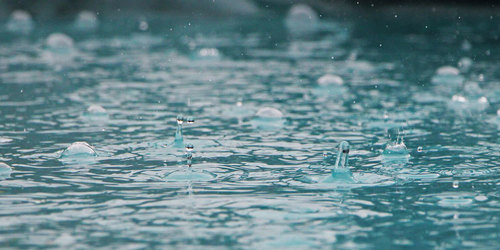

Vampire bats may sound like a scary animal, but researchers discovered that these animals build a close relationship with others bats after being complete strangers in the beginning! They will groom and feed each other and help each other out. Gerald Carter, who documented vampire bats relationship evolution, said "bats often meet bats they’re not related to and end up sharing food with one another. These relationships have to come from somewhere." Vampire bats occasionally need to feed each other. In the wild, these bats will hunt for large mammals for blood meals. Some bats will occasionally fail to get a meal and if they have babies, they are often deprived too. "Ones under 2 years of age often miss a third of their nightly meals, because stranger bats have to build relationships before sharing meals," Carter mentions.
His observation was published in Current Biology and marks one of the first times researchers have seen animals form a close relationship after being complete strangers. The study started with a few adult female vampire bats, strangers to each other, in a small group. To simulate the wild, Carter deprived a few of them of food and watched to see what happened. He observed that, "if given the choice, bats would choose to groom and feed bats they already knew, but many were willing to groom someone new. Of all the conceivable new relationships the mingled bats could build, half of them developed fur-combing habits. In about 10 percent of all possible new relationships, the bats moved on to meal sharing," the article mentions.
Carter was excited with the outcome! He mentions that these lab friendships will last even after they are released into the wild!




